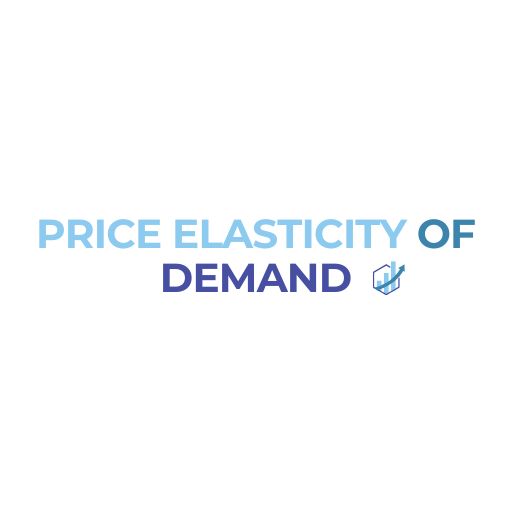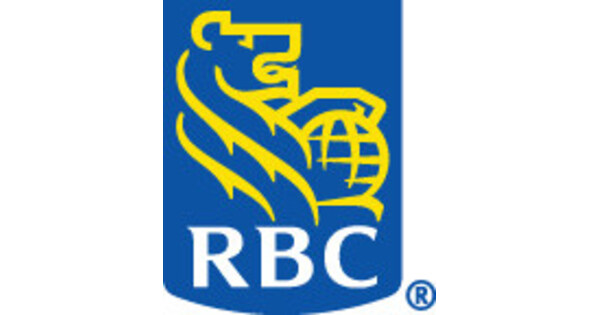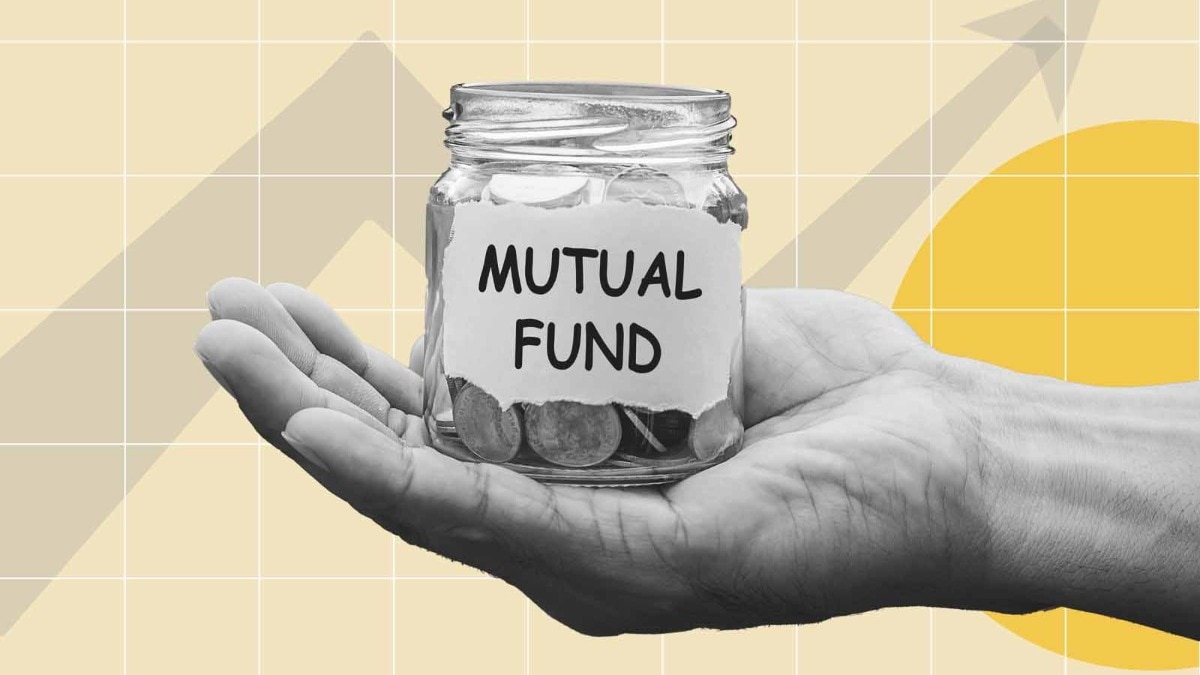“Those concerns have some urgency given the rapid growth of these index fund complexes and the growing body of academic work and other evidence raising doubt about whether these index fund complexes are truly passive.
“Some critics have pointed to evidence that these index fund complexes have pushed ESG (environmental, social and governance) agendas at public companies. Others have expressed concerns about the risks to competition posed by concentrated ownership. Still others have focused more generally on the concentration of power in a few institutional investors,” McKernan said.
The FDIC is required to watch for influence of this sort directed at a bank supervised by the agency, he noted. The Change in Bank Control Act generally requires a fund complex to obtain the FDIC’s approval before acquiring control, directly or indirectly, of an FDIC-supervised bank, he added.
The pact “is a good step in the right direction. It adds specificity as to what it means to be a passive investor in FDIC-supervised banks or their holding companies. More importantly, it also enhances the FDIC’s ability to monitor and confirm that passivity,” McKernan said.
Vanguard said through a spokesperson Monday: “Vanguard is built around passive investing and has long been committed to working constructively with policymakers to ensure that passive means passive. This agreement with the FDIC is another example and recognition of that ongoing commitment.”
DeMaso wrote that “Vanguard agrees that it won’t shake up company boards, influence business strategy, threaten to dump its shares or get favorable treatment from banks.
“Importantly, these are all things that Vanguard would say it isn’t doing. Vanguard’s stewardship is focused on governance — think independent boards and executive compensation — and risk management,” DeMaso wrote.
“Regulators will argue this is a win — they forced Vanguard to the table and walk away with a new agreement,” the editor added. “This is also a win for Vanguard. The fund giant … gets a clear definition of what it means to be passive without giving up much. Yes, it has also agreed to some additional reporting requirements, but that’s a small price to pay.”
DeMaso considers the agreement “a reasonable tradeoff for the ability to own the entire stock market for nearly free. I’ve said that the days of index funds getting a free pass are behind us. That’s true. But that doesn’t mean the days of the index fund are behind us.”











Leave a Reply